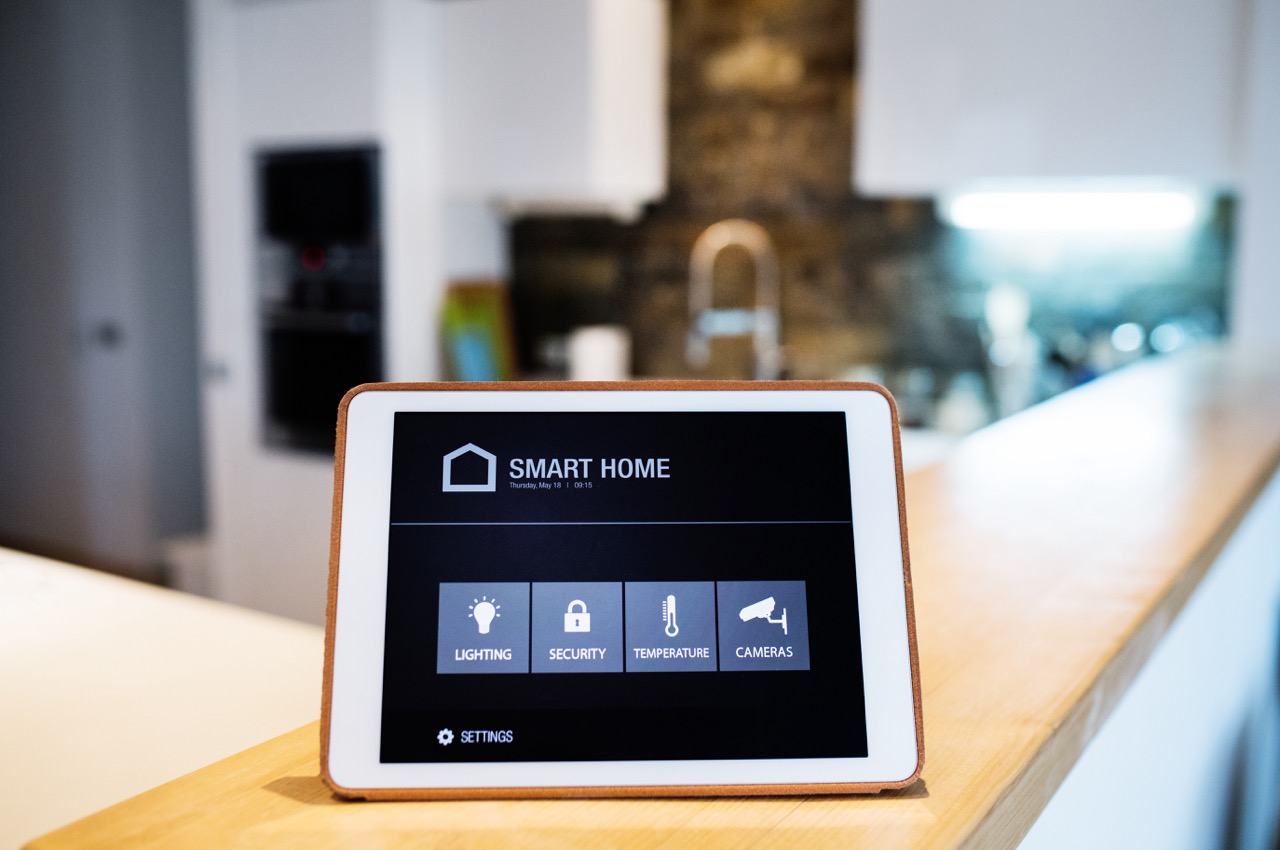In today’s energy-conscious world, finding solutions that streamline energy consumption and reduce costs is more important than ever. Smart plugs and outlets are emerging as a popular choice for homeowners and businesses alike, aimed at enhancing energy efficiency. But do they truly live up to the hype? This article dives deep into the effectiveness of smart plugs and outlets, exploring their impact on energy use, their true cost-saving potentials, and the future of smart technology in energy management.
Evaluating the Impact of Smart Plugs on Energy Use
Smart plugs are designed to add a layer of intelligence to ordinary appliances, offering the ability to monitor and control power usage via smartphone apps and even voice commands. By providing real-time data on energy consumption, they enable users to identify which devices are using the most power and adjust their usage accordingly. Studies indicate that homes utilizing smart plugs generally see a noticeable reduction in their electrical usage. The ability to remotely turn off appliances also means that energy is not wasted on devices accidentally left on when not in use.
However, the effectiveness of smart plugs can vary significantly depending on the user’s engagement with the technology. For households that are less proactive, the benefits may not be as pronounced. Moreover, the impact also depends on the number and type of appliances controlled by these smart devices. High-energy appliances like air conditioners and heaters tend to offer more opportunities for savings when managed smartly.
The ultimate test for smart plugs in terms of energy conservation lies in their integration into broader smart home systems. When synchronized with other smart devices and energy management tools, smart plugs can contribute to a comprehensive reduction in home energy use, showcasing their potential as part of a larger, integrated solution to energy efficiency.
Smart Outlets: A Real Solution or Just a Gimmick?
Smart outlets replace traditional outlets and are hardwired directly into the home, providing a more permanent and seamless integration compared to smart plugs. They function similarly by allowing remote control and monitoring of plugged-in devices. This can be particularly advantageous for ensuring that no device runs unnecessarily, thereby reducing electrical waste.
Critics, however, argue that smart outlets are a more costly and less flexible solution compared to smart plugs. Installation of smart outlets often requires professional help, which adds to the initial investment. They also do not offer the versatility of smart plugs, which can be moved and switched between different appliances as required.
Nonetheless, for new constructions or during major renovations, incorporating smart outlets can be a wise decision. They add to the property’s value and appeal, particularly among tech-savvy buyers. Moreover, they present a cleaner, more integrated look compared to the often bulkier smart plugs, ensuring that aesthetics are not compromised for functionality.
The Cost-Saving Benefits of Smart Plugs Revealed
Smart plugs might involve an upfront investment, but they can lead to substantial savings over time. By managing and optimizing the use of electrical devices, these devices can reduce unnecessary power consumption, which directly translates to lower utility bills. For instance, the ability to schedule operations of devices during off-peak tariff hours can result in significant cost reductions.
Furthermore, the longevity of appliances can also be enhanced through the use of smart plugs. By avoiding overuse and facilitating optimal operation, smart plugs can help extend the life of expensive household appliances. This not only saves money on energy bills but also on potential replacement and repair costs.
Consider the environmental angle as well; less energy consumption means reduced demand from power plants, which often burn fossil fuels. Thus, by investing in smart plugs, consumers are not only saving money but also contributing to a reduction in carbon emissions, aligning personal benefits with broader environmental goals.
Overcoming Challenges in Smart Plug Adoption
While the benefits of smart plugs are clear, several barriers hinder their widespread adoption. One of the primary challenges is the lack of awareness and understanding among potential users. Many consumers are still unfamiliar with what smart plugs are and how they function.
Compatibility issues also pose a significant challenge. Not all devices are ready to work seamlessly with smart plugs, and sometimes older appliances may not reap the full benefits of smart technology. This can discourage users from investing in smart plugs if they feel they need to upgrade many of their appliances.
Educational initiatives and incentives from governments and manufacturers can help overcome these barriers. By providing clear information and demonstrating the long-term savings achievable with smart plugs, more consumers might be encouraged to make the switch.
Future Trends: Where Smart Technology is Headed
The future of smart technology in energy management looks promising, with continuous advancements aimed at making devices even more intelligent and interconnected. The next generation of smart plugs and outlets is expected to feature enhanced predictive analytics, learning users’ habits and making energy-saving decisions autonomously.
Integration with renewable energy sources is another area where smart plugs and outlets will likely make significant impacts. As more homes move towards solar and wind energy, smart technology can optimize when to use, store, or sell back energy based on real-time data and pricing.
Moreover, the proliferation of IoT (Internet of Things) and AI (Artificial Intelligence) technologies will further refine how smart devices communicate, not only with each other but also with energy providers and grid systems. This interconnectedness could lead to more robust, efficient, and personalized energy management systems.
Make the Switch: Why Smart Plugs are Essential
Adopting smart plugs in your home or office is not just about saving money; it’s about taking an active step towards smarter energy use. Smart plugs offer a straightforward and effective way to enhance energy efficiency without requiring significant changes to your daily routines or habits.
Moreover, as the focus on sustainable living intensifies, smart plugs provide a practical way to contribute to environmental conservation efforts. By minimizing wasteful energy use, each individual can play a part in reducing the overall ecological footprint.
If you’re looking to make your home or office more energy-efficient, cost-effective, and environmentally friendly, then smart plugs are an essential technology to consider. They represent a small change that can make a big difference in the way we consume energy and manage our resources in the coming years.
Smart plugs and outlets are more than just convenient gadgets; they are a crucial component in the quest for energy efficiency and sustainability. By understanding their benefits, overcoming adoption challenges, and staying informed about future developments, consumers and businesses can make informed decisions about their energy use. Making the switch to smart technology not only benefits the individual but also contributes to a larger, global effort towards energy conservation and environmental responsibility. Consider integrating smart plugs and outlets into your energy management strategy today and step into a smarter, more sustainable future.










